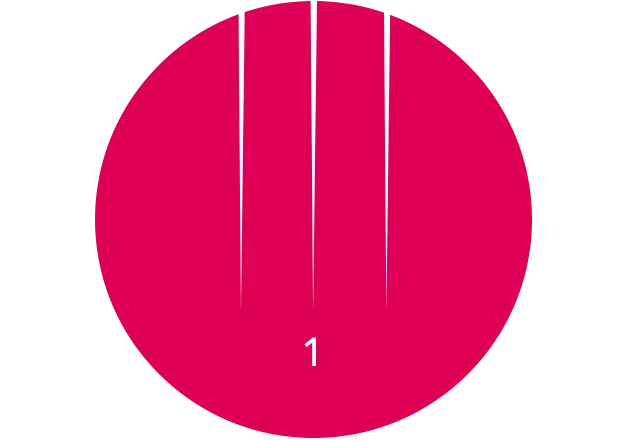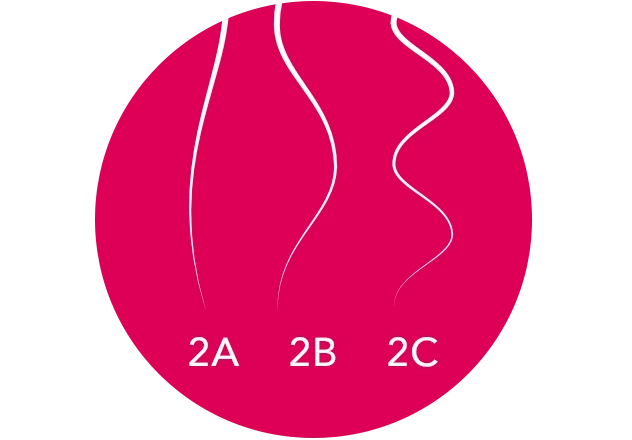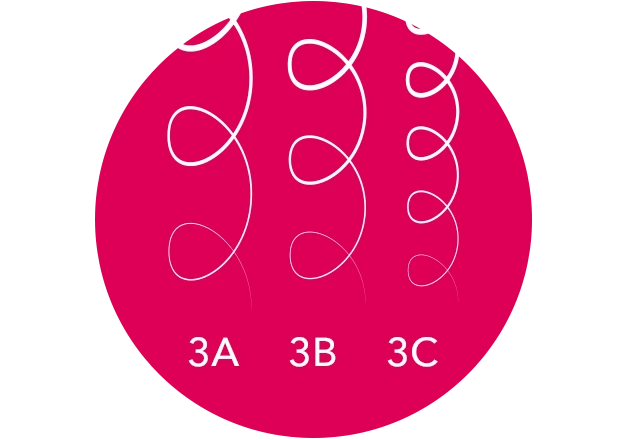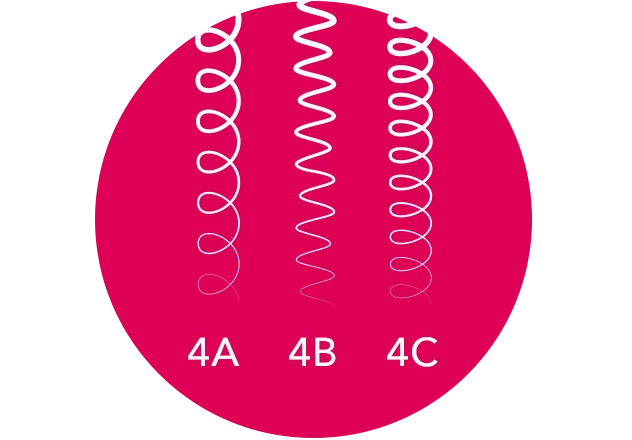29/09/2020
Interview with a Trichologist - Dandruff and Afro Hair Explained
How should dandruff be treated on afro hair? Expert trichologist Stephanie Sey discusses how dandruff can affect afro hair and how the condition should be treated on this hair type.
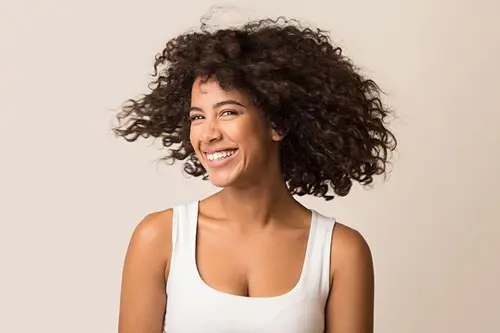
HOW DOES AFRO HAIR DIFFER FROM OTHER HAIR TYPES?
First off, let’s take a look at how hair types are categorised.
Hair types are often labelled by a system created by hair stylist Andre Walker back in 1990. The system sets out four main hair types; straight, wavy, curly and coily. Over the years, new subcategories have been coined within these four hair types:
Afro hair typically falls into type 3 and type 4, ranging from curly to coily in texture. While the overall structure of the hair is consistent across the hair types; the shape of hair follicle differs between them, and it’s this difference which determines the texture of the hair itself.
In afro hair, we tend to see hair follicles which are more oval, or kidney shaped. The texture of afro hair can sometimes mean that the natural oils don’t move as evenly through the hair, so you might find that your hair dries out more easily as a result. It’s important not to overwash your hair; washing your hair once or twice a week should suffice for most afro hair types.
WHAT CAUSES DANDRUFF ON AFRO HAIR TYPES?
The primary cause of dandruff, regardless of hair type, is an overgrowth or overreaction to the fungus malassezia. This fungus occurs naturally in several parts of our body, including the scalp. In some cases, it can cause irritation. As a result, the skin sheds more quickly than usual.
Applying extra oils to the scalp may worsen symptoms, as malassezia is thought to feed off the oils produced naturally by the sebaceous glands.
WHAT ELSE COULD IT BE?
Keep in mind that there are a couple of scenarios which can mimic the appearance of dandruff, but may require different treatment.
Product buildup
If you’ve noticed white flakes around your scalp area, this could also be an indication of product buildup. If you use a combination of styling products, they can react badly and create a buildup that looks similar to dandruff. A quick palm test can help you to see if your products are compatible - if the consistency becomes clumpy or separated, opt for a different combination.
Dry scalp
Dandruff is considered to be more of an oily condition, due to the link between malassezia and the natural oils on the scalp, but if you’re experiencing flaking and itchiness, you could actually have a dry scalp. There are different treatments available which target dry scalp specifically, so speak to a healthcare professional for more information if you are unsure of your symptoms.
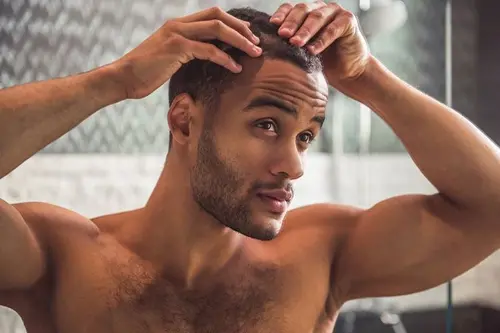
HOW TO TREAT DANDRUFF ON AFRO HAIR
Dandruff may appear differently on darker skin tones than it does on lighter skin tones, however it doesn’t affect different hair types in different ways. Therefore using a medicated shampoo that’s suitable for all hair types, like Nizoral Anti-Dandruff Shampoo, can help to combat the symptoms of dandruff on afro hair, such as itching and flaking.
HOW DOES NIZORAL WORK TO TREAT DANDRUFF?
The key ingredient, ketoconazole, targets malassezia to treat the root cause of the condition, as well as the symptoms. With a fast-acting formula that starts working from the first wash, Nizoral can show visible results in just two weeks.
Want to hear more from Stephanie? Visit our Scalp School hub to find out more about dandruff and scalp care in our expert video series.
Stephanie Sey does not endorse any medicinal brands or products.



